NVIDIA did a big splash at Computex 2021 with the expected announcement of two new top-end GPUs and quite a big surprise for Linux gaming with the official inclusion of NVIDIA DLSS for Proton. Don't know what Proton is? Check out our dedicated Steam Play Proton section.
They said in their official email press release that this is a collaboration between "NVIDIA, Valve, and the Linux gaming community". Currently DLSS is already in the NVIDIA Linux driver (since July 2020) but it doesn't work with Proton right now but that's about to change, so you'll be able to use "the dedicated AI cores on GeForce RTX GPUs to boost frame rates for their favorite Windows Games running on the Linux operating system". NVIDIA said support for Vulkan games is coming this month, with DirectX titles coming "in the Fall".
An NVIDIA engineer also sent us over the links to the freshly squeezed and juicy Pull Requests to get things moving for Proton and Wine:
- dxvk-nvapi: Add to Proton #4877
- loader: Set default regkey for NVIDIA NGX FullPath #111
- proton: Copy DLLs provided by the NVIDIA driver into prefix #4878
So the upcoming NVIDIA 470 driver series should not only have the Wayland support work in, to allow for hardware accelerated GL and Vulkan rendering with Xwayland but also to extend DLSS on Linux to Proton too. That's going to be their biggest driver release for some time.
As for the new GPUs, their new top of the line gaming flagship is the GeForce RTX 3080 Ti which isn't quite as expensive as the 3090 while still offering up some ridiculous performance.
GeForce RTX 3080 Ti - it will be available June 3rd starting at $1199. Here's a comparison:
| RTX 3090 | RTX 3080 Ti | RTX 3080 | |
|---|---|---|---|
| NVIDIA CUDA Cores | 10496 | 10240 | 8704 |
| Boost Clock | 1.70 GHz | 1.67 GHz | 1.71 GHz |
| Memory Size | 24 GB | 12 GB | 10 GB |
| Memory Type | GDDR6X | GDDR6X | GDDR6X |
RTX 3070 Ti - it will be available June 10th starting at $599. NVIDIA said the 3070 has been their most popular of the Ampere line so they've decided to turbo charge it too.
Here's another comparison:
| RTX 3070 Ti | RTX 3070 | |
|---|---|---|
| NVIDIA CUDA Cores | 6144 | 5888 |
| Boost Clock | 1.77 GHz | 1.73 GHz |
| Memory Size | 8 GB | 8 GB |
| Memory Type | GDDR6X | GDDR6 |
While they both look and sound amazing, the question is: will there be any stock? We're fully expecting them to completely sell out in minutes just like everything else over the last year. NVIDIA announced that both cards will be shipping with a "reduced Ethereum hash rate" to make them less desirable to miners. Will it be enough though?
Watch the full key note below:
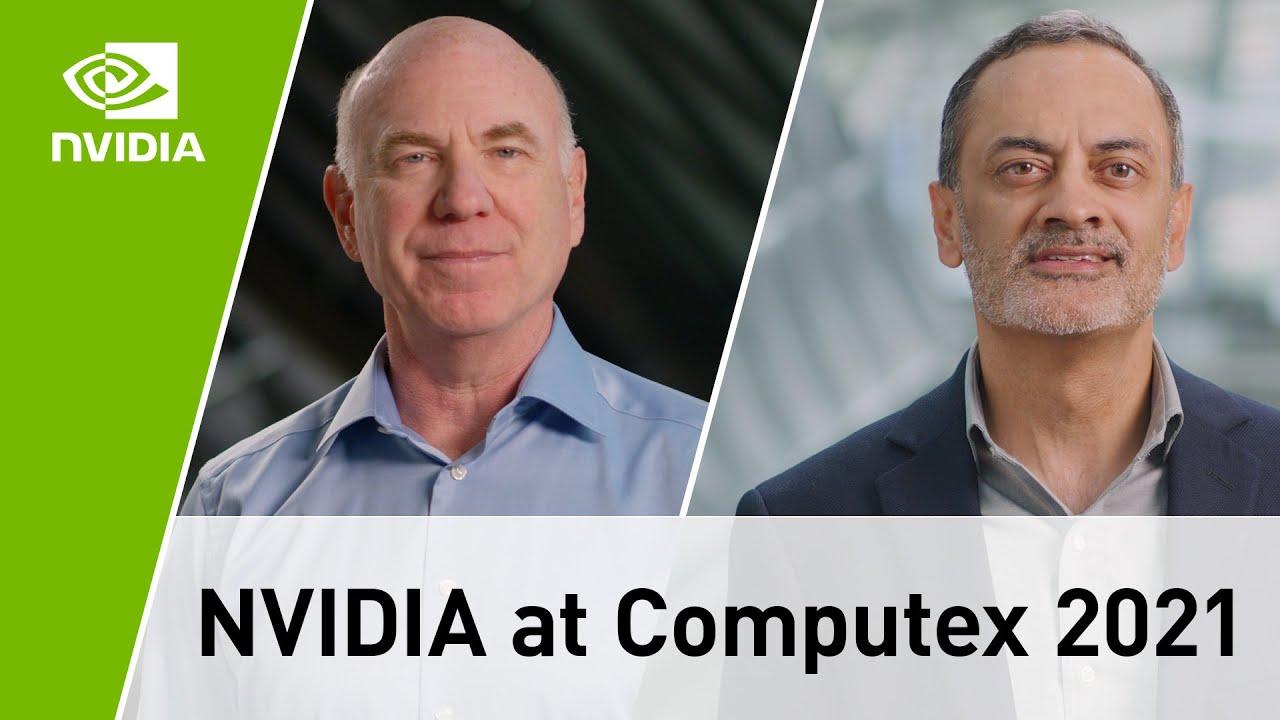
Direct Link
Your entire comparison is complete and utter nonsense.Damn, what does vkd3d-proton have to do with it, if we're talking about drivers?
I do not care about VKD3D-Proton, like potential developers who want to want to release native games for Linux.
Joshua says the main obstacle is the driver and its support. I do not agree with his harsh statements.
VKD3D proton uses the same functionalities as native games basically, so if it has an issue, there is no reason a native game would not have the same issue. Very basically, say that you are developing Metro Exodus, an RTX game, and you want to port your game to Linux. Now, you look at driver support for RTX and you see a fair share of cards do not support it, or at least not on the driver that is usually targeted, what will you do ? Release it all the same ? Release a dumbed down version? (they kinda did that, release late, and did not release the extended edition with all the bells and whistles).
So what was pointed out here definitely is an issue, and it does seem like it caused a real problem for a real native game.
Plus if you read the whole paragraph, you will see that the mesa devs actually needed to reverse engineer the RTX instructions from AMD's proprietary driver ... Meaning AMD did not even document it for them, which adds insult to injury.
Plus if you read the whole paragraph, you will see that the mesa devs actually needed to reverse engineer the RTX instructions from AMD's proprietary driver ... Meaning AMD did not even document it for them, which adds insult to injury.
It says that the documentation is poor, but that doesn't implies that they had to figure out what was the op code of this instructions ([RDNA2 ISA](https://developer.amd.com/wp-content/resources/RDNA2_Shader_ISA_November2020.pdf)). So no, he didn't say that AMD didn't document the instruction, that's something you have inferred.
Last edited by x_wing on 3 Jun 2021 at 2:56 pm UTC
It took months and months for RDNA 1 to get overclocking/voltage control
Who cares about overclocking, it took them 6+ months to have a "stable" open driver for RDNA 1. The desktop would randomly lock up on you unless you enabled a bunch of driver debug workarounds to disable various features.
It was infuriating, sad, and pathetic.
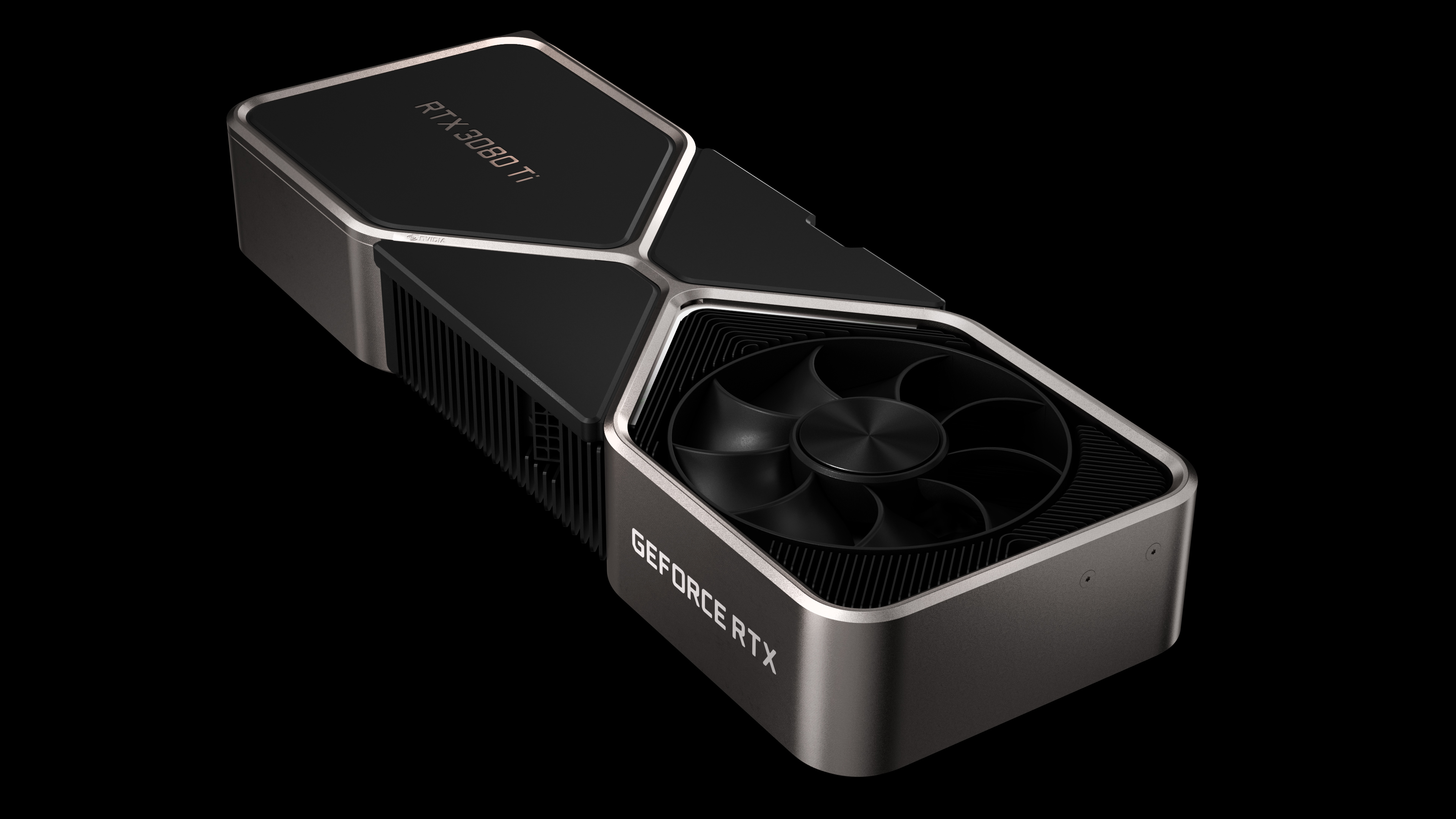
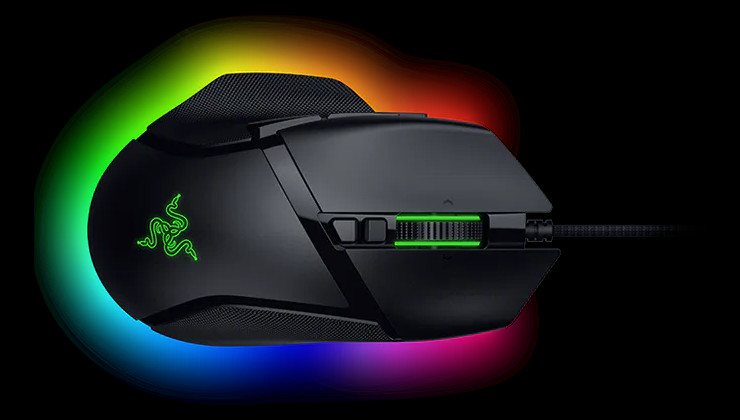
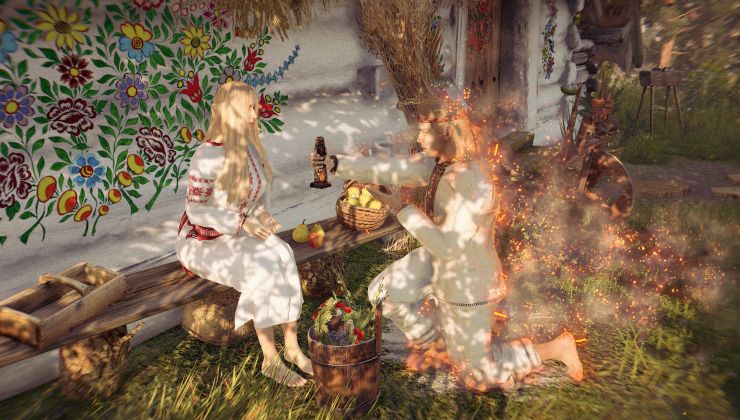
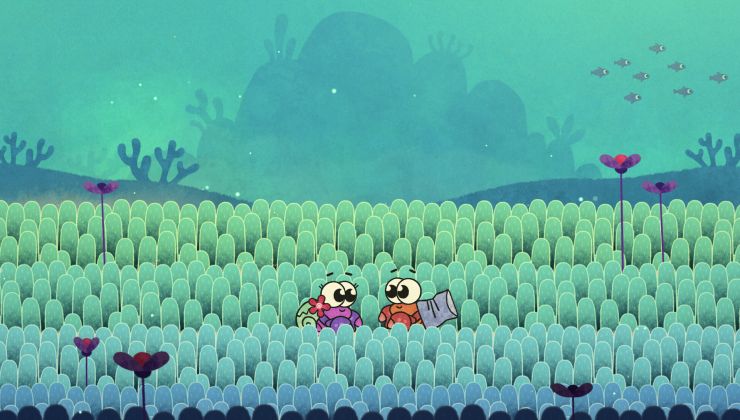
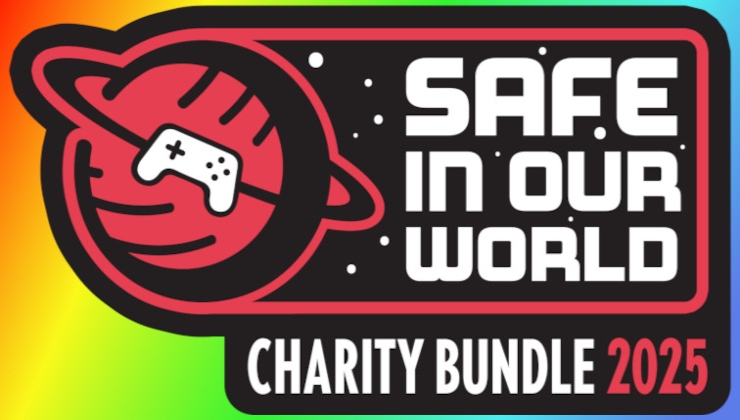



 How to set, change and reset your SteamOS / Steam Deck desktop sudo password
How to set, change and reset your SteamOS / Steam Deck desktop sudo password How to set up Decky Loader on Steam Deck / SteamOS for easy plugins
How to set up Decky Loader on Steam Deck / SteamOS for easy plugins
See more from me